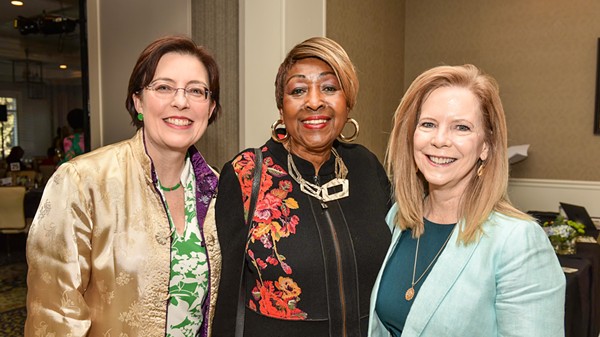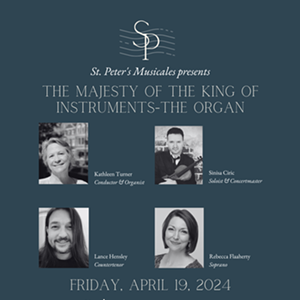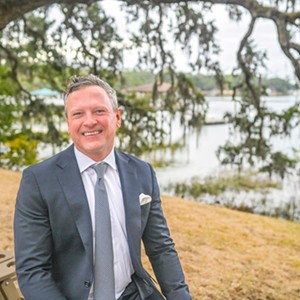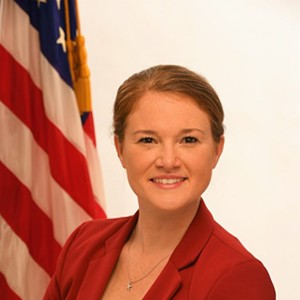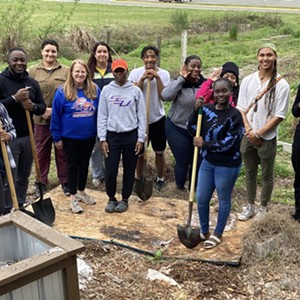THE GUN DEBATE is in the national news after the school shooting in Parkland, Fla.
Closer to home, last week saw a couple of noteworthy, if much less disturbing, developments in that area as well.
However well-intended they might be, a pair of local programs dedicated to ending gun violence just might not pass the smell test as they are currently operating.
For example:
Late last week, the director of the local End Gun Violence initiative, Rev. George Lee III, was arrested on a DUI charge.
That is not his first run-in with the law; he was arrested on a domestic violence charge less than a year before he was hired.
These two events alone might be enough to disqualify one from receiving a taxpayer-funded salary and benefits package of nearly $100,000, as is Lee’s, and heading an organization charged with so important a mission.
The backstory is even more problematic.
End Gun Violence is a local program modeled on the largely successful national initiative pioneered by National Network for Safe Communities under the direction of Dr. David M. Kennedy and John Jay College President Jeremy Travis.
About 60 other cities have versions of End Gun Violence, and the program has had positive results in targeting repeat offenders, especially with gang affiliations.
Savannah’s End Gun Violence started in 2015, under the auspices of the Savannah-Chatham Metropolitan Police.
The inaugural director was Maxine Bryant, who was paid $65,000 a year as an independent contractor and reported to then-Police Chief Jack Lumpkin.
However, in 2017, Mayor Eddie DeLoach offered the job to Rev. Lee, allegedly over the objections of not only Chief Lumpkin, but Sheriff Wilcher as well.
The situation was heated enough for the direction of the End Gun Violence program to be moved from the police department to Chatham County District Attorney Meg Heap, though City taxpayers remain on the hook.
Lee’s job with End Gun Violence was bumped up to full-time, as its meaty compensation package indicates.
Lee is a full-fledged City employee, one assumed to be subject to the usual Human Resources guidelines. (He is now on administrative leave after the DUI.)
But that’s not all.
Rev. Lee is also pastor of one of Savannah’s largest, most influential churches, St. John Baptist Church (not be confused with the Cathedral of St. John the Baptist.)
That in and of itself isn’t necessarily a problem. But one wonders how any person, no matter how skilled or talented, could properly administer End Gun Violence on behalf of taxpayers along with the responsibilities of a large house of worship.
To be clear, Rev. Lee does have previous experience with prisoner re-entry programs. I’m not suggesting he’s incompetent — at this point, he’s just too controversial to hold the position credibly.
Alderman Tony Thomas, no stranger to controversy himself, said he was against Lee’s hiring from the beginning.
He said in a recent Facebook post:
“Sadly, this story is much more than a DUI. It’s much more than a person who is without sin — as I have made similar mistakes. It’s not about George Lee as much as it is about those who enabled George Lee for whatever purposes including the Mayor of Savannah and District Attorney of Chatham County. This situation is about those in government who have broken the law and then used taxpayer resources for cover-up and personal gain. It smacks of cronyism, political paybacks, and conspiratorial plots.”
The “cronyism” Thomas refers to apparently is intended to call attention to Meg Heap’s husband serving as attorney for St. John’s in the church’s recent purchase of the Savannah Christian Preparatory elementary school.
In any case, it seems past time for D.A. Heap, Mayor DeLoach, and City Council to reexamine how the local End Gun Violence initiative is being administered, for the good of the community as a whole.
You might even call it a Come To Jesus moment.
OTHER GUN NEWS in Savannah came as the Georgia Bureau of Investigation last week cleared a local gun buyback program of alleged theft of firearms.
The buyback, spearheaded by Savannah Alderman Van Johnson and organized by the nonprofit Savannah Youth City, was essentially disavowed by local law enforcement from its inception in late 2016.
Then-Chief Lumpkin took pains to make it technically clear that it was not a police-affiliated program, as are almost all other gun buybacks around the U.S.
(If you’re confused about the difference between End Gun Violence and the buyback, it’s easy to get them mixed up, as I’ve been guilty of myself. They are totally separate and unaffiliated.)
County Manager Lee Smith urged D.A. Heap to investigate allegations that some of the guns subsequently went missing after Savannah Youth City acquired them through the buyback.
To avoid appearance of impropriety — in part because Van Johnson is himself a certified law enforcement official — Heap handed the investigation to the GBI.
While the program was cleared and no more charges seem pending, that doesn’t necessarily make it less problematic.
Most gun buybacks are partnerships between police and a nonprofit. The nonprofit administers the buyback, and the police hold the acquired firearms, either for destruction or, in Georgia’s case, indefinitely as a matter of state law.
(Savannah Youth City has said they dismantled the guns on their own, possibly in contradiction of state law, which if true seems especially out of line for a nonprofit without a Federal Firearms License. In the wake of the GBI investigation, the guns are now being held by the Chatham-Savannah Counter Narcotics Team.)
Most buybacks, for example in Los Angeles, don’t award straight cash for guns, as Johnson’s program does.
Those who surrender guns, no questions asked, are more often given gift cards rather than cash.
This keeps buybacks from serving as conveniently laundered revenue streams for criminals to purchase new, better guns.
That may sound like a paranoid distinction to you. But consider this:
If you know you’ll get $50 cash per gun, you can surrender Granddad’s ancient .22 squirrel rifle plus, say, an old .38 revolver.
Then you’ll have yourself about enough cash to buy a brand new Hi-Point 9mm semiautomatic pistol, known to be a particular firearm commonly used in drug/gang violence nationwide.
This isn’t a far-fetched scenario at all. And we’re not even getting into the issue of buybacks theoretically being a way to dispose of guns used in crimes so they can’t be used as evidence.
In addition to whatever positive things it has accomplished, Johnson’s buyback program arguably has turned a local nonprofit into a type of unlicensed gun dealer.
Who wants or needs that burden?
Long story short, you could make the case that Johnson is lucky it was “only” the GBI investigating, and not the federal ATF.
There seems no real reason that local law enforcement shouldn’t be the senior partner in this buyback program. At a minimum, one would have to agree that a gun buyback which needed a closer look from the GBI hardly inspires great confidence.
As with End Gun Violence, it might be time for this program, too, to get a reboot from the ground up.

















